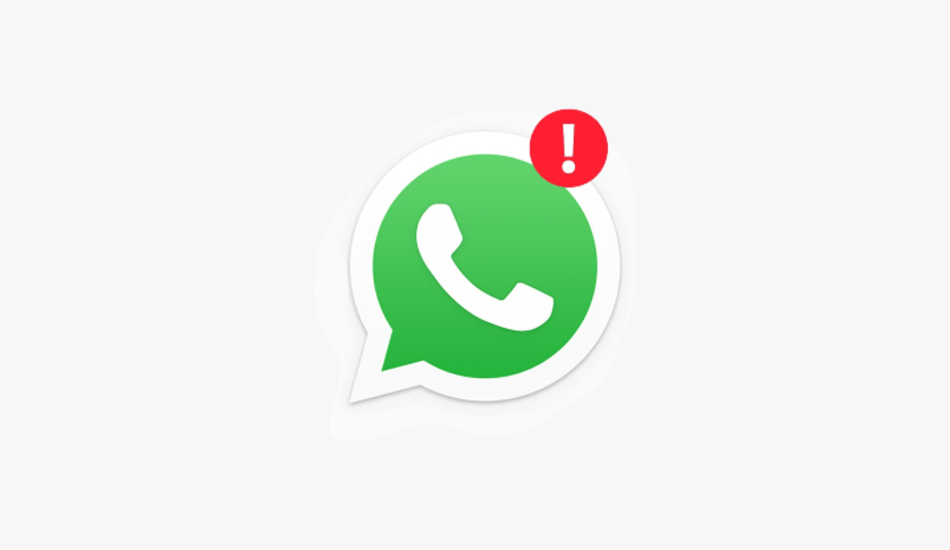WhatsApp is one of the leading Messaging apps present across several platforms. While it offers convenience when talking to your friends and loved ones, there are some frauds and demerits to the messaging App as well. The latest case revolves around a WhatsApp message which goes on about offering 1,000GB of data for free by clicking a link.
Researchers from cybersecurity firm ESET exposed a message that they received on WhatsApp which claimed to offer 1,000GB of data for free as part of WhatsApp’s tenth anniversary. Unsurprisingly enough, the message doesn’t come from WhatsApp itself as it claims to be neither does it offer 1,000GB data.
To explain the details of the message, the text that the researcher received read “WhatsApp Offers 1000GB Free Internet”. The message was also accompanied by a link which when clicked, lead users to a domain which clearly doesn’t have any relation to the official WhatsApp app.

The site that follows announces the following “We offer you 1000 GB free internet without Wi-Fi! On the occasion of our 10th anniversary of WhatsApp”. The landing page suggests that the user answer a set of questions to avail free data. Such practices have been active on the Internet for a long time where many businesses run their promotions and lure users into clicking on their domain.
ESET details “While you would be responding to the questionnaire, the site would invite you to pass along the offer to at least 30 more people in order to qualify for the big ‘reward’. Needless to say, this is merely a way to boost the campaign’s reach”.
The security firm notes that at present the fraudsters running this WhatsApp scam are only focusing on click fraud which is a prevalent form of monetisation that gains bogus ad clicks to generate revenue. Researchers were unable to find evidence that the link itself installed any malicious software or extracted your persona information.
However, ESET notes that this can change anytime soon and users should stay away from clicking on such fraudulent links in the first place. The same domain is also home to many other scams which tagging big name brands like Rolex, Adidas, Nescafe and more.
This is not the first time WhatsApp has been used to target click fraud. Back in 2017, a WhatsApp scam promised to unlock free internet access but instead signed users up for premium and costly SMS services or installed third-party apps on the phone.


